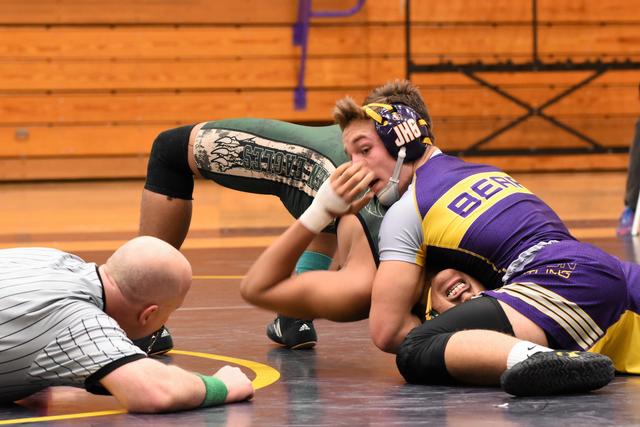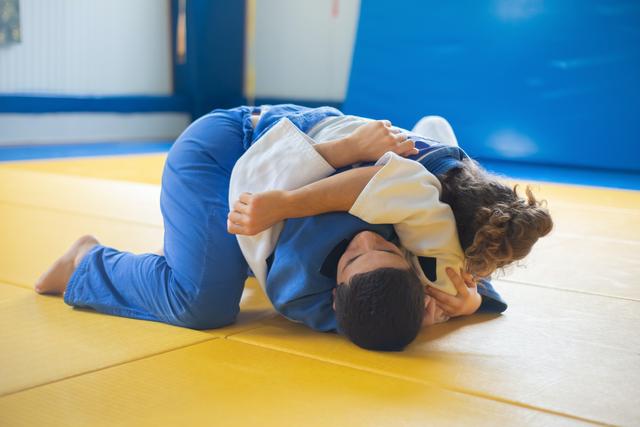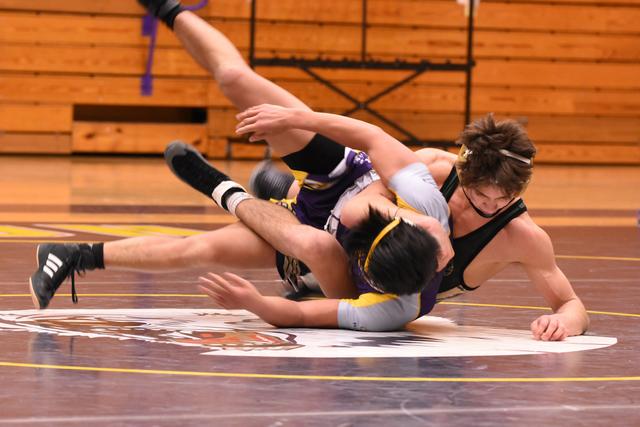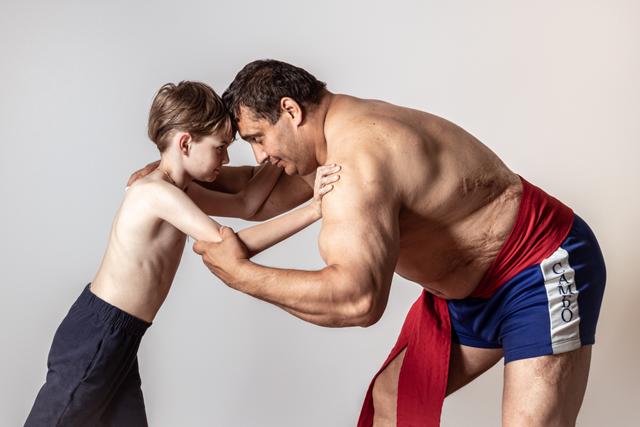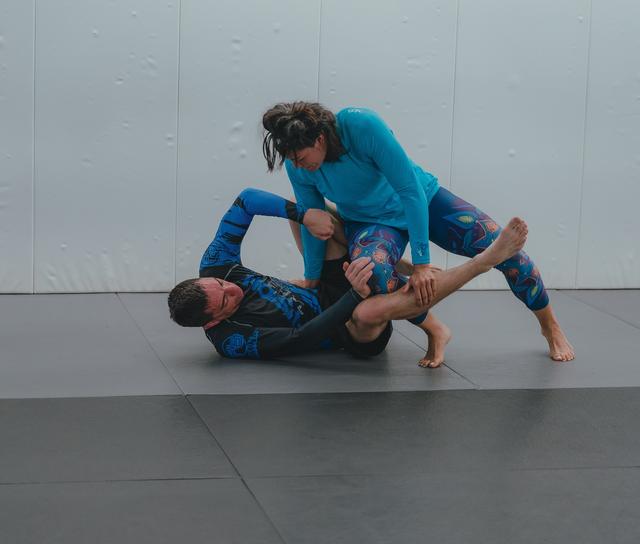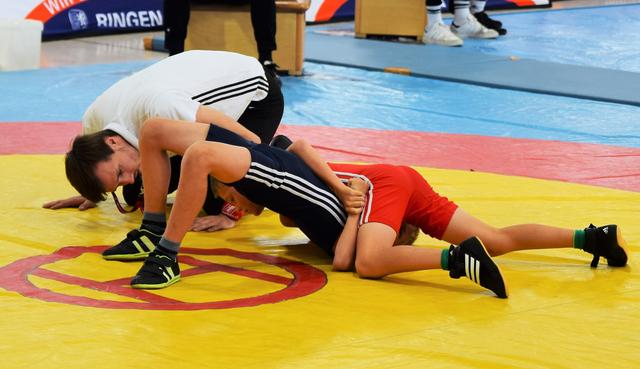- Home
- »Articles
- »Martial Arts
- »Wrestling
Wrestling Articles
Wrestling For Kids In The UK
Wrestling for kids in the UK is entrenched in a deep, historical context that stretches back to Roman times although the sport as we recognise it today began to gain popularity in the late 19th to early 20th century. Since then, the UK has seen the establishment of several wrestling promotions that have played a pivotal role in promoting youth participation in this dynamic sport. Among these, the World Association of Wrestling (WAW), Revolution Pro Wrestling (RPW), and Progress Wrestling stand out as notable promoters, contributing immensely to the local and national wrestling scenes.
Initially recorded in 1863, the first professional wrestling match set the stage for a rich tradition of wrestling that has grown considerably over the years. These organisations not only provide a platform for young wrestlers to hone their skills but also ensure that the sport’s rich heritage is preserved and continued. Each of these bodies often runs extensive training programmes aimed at nurturing young talent from the grassroots level, demonstrating dedication to developing the sport for future generations.
The evolution of wrestling in the UK has been marked by significant milestones, not just in the expansion of wrestling clubs and training facilities, but also in the formalisation of competitions and events specifically targeting younger participants. These events serve both as a learning ground for new wrestlers and a stage for seasoned young athletes to display their prowess, making wrestling an inclusive sport that accommodates various skill levels.
This inclusive atmosphere is further enhanced by the wide range of styles and techniques taught, reflecting the diverse history and global influences on wrestling in the UK. As such, children in the UK have the unique opportunity to immerse themselves in a sport that is both historically rich and contemporarily relevant, providing them with a unique blend of cultural education and physical training. Through wrestling, they engage in a timeless sport that offers a compelling mix of tradition and modernity, structured to meet their developmental needs as they grow into skilled wrestlers.
The Benefits of Wrestling
Wrestling provides an excellent foundation for children's growth and development, focusing significantly on improving their health. By engaging in wrestling, children can enhance their flexibility, crucial for a healthy range of motion and reducing injury risks. This sport also serves as a robust cardiovascular workout, constantly keeping the kids on the move, which is vital for heart health and stamina. Moreover, wrestling is instrumental in building muscular strength; it not only strengthens the core but also the upper and lower body, making it an all-encompassing physical exercise.
Furthermore, wrestling improves coordination. The sport demands precise movement synchronization, enhancing children’s coordination and balance skills—attributes that are beneficial in academic and other sports settings as well. Lastly, participating in wrestling boosts children's self-confidence. As they learn and master new techniques, compete, and interact with peers, they develop a stronger sense of self and achievement. These combined physical, mental, and social benefits make wrestling a commendable activity for children, contributing significantly to their overall health and well-being.
FAQs
What is the history of wrestling in the UK?
Wrestling in the UK boasts a storied past that stretches back to Roman times, with modern professional wrestling gaining widespread popularity from the late 19th century. The inaugural recorded professional match was held in 1863, and since then, the sport has seen significant evolution. Today, organisations like World Association of Wrestling (WAW), Revolution Pro Wrestling (RPW), and Progress Wrestling are key players in promoting wrestling across the country.
What are the health benefits of wrestling for kids?
Wrestling offers multiple health advantages for children, including improved flexibility, enhanced cardiovascular health, increased muscular strength, better coordination, and boosted confidence. These benefits contribute to both physical and mental development, helping children grow stronger, more agile, and self-assured.
Is wrestling safe for children?
While wrestling is indeed a physically demanding sport, it can be made safe through proper training and the use of protective equipment. Children should always train under experienced supervision and wear appropriate gear, such as headgear, mouthguards, and wrestling shoes, to minimise the risk of injury.
How can I find a suitable wrestling club for my child in the UK?
To locate a wrestling club or organisation in the UK, you can start by searching online for local options. Additionally, contacting established national promotions like WAW, RPW, and Progress Wrestling can provide insights into available youth wrestling programmes and help you find a suitable club near your location.
What are the age requirements for children to start wrestling in the UK?
Most wrestling clubs and organisations set specific age restrictions for participants, typically welcoming children as young as five or six years old. However, it is important to consult with your chosen club to understand their particular age requirements and ensure they align with your child's age and readiness to start wrestling.
